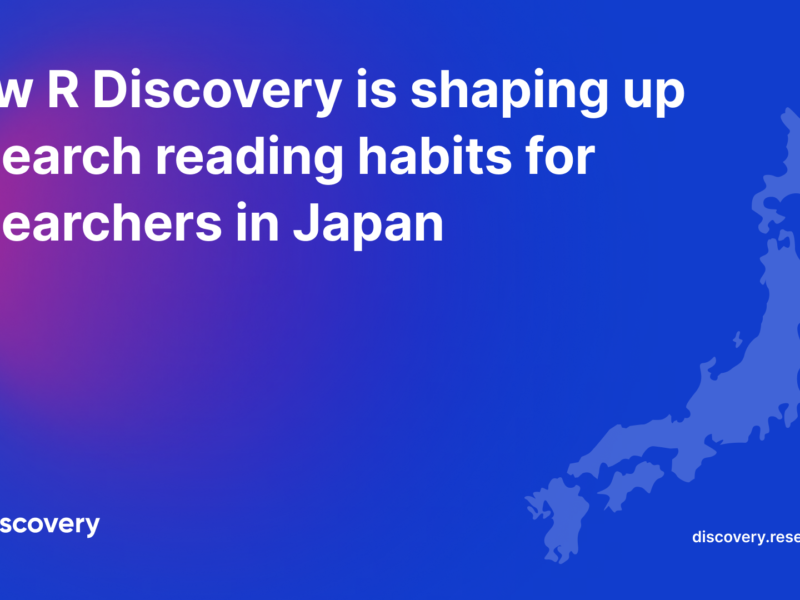
If you are at that point when you are asking if you are reading sufficient research papers or if you have done enough literature review, then you should read along. These are common questions when conducting research, especially during the postgraduate years. We may be interested in a research topic but knowing how to read research papers quickly and identifying a research gap is different. As researchers, we need to do extensive reading to know what has been done before or where other scholars have left a gap for us to continue in their footsteps and fill those gaps in knowledge.
Are reading and comprehension the same when it comes to research articles? Not necessarily.
Learning how to read research papers quickly is not just about your reading speed, it is about how efficient your reading is. To read a scientific paper efficiently means maximum productivity without wasted effort. To this end, I would like to offer some tips for reading scientific articles that helped me get through my PhD and postdoctoral years (and they still apply today):
- To understand how to read research papers efficiently, go to the basics. Determine the relevance of the article; start with the Abstract, then jump straight to the Conclusions. Reading articles can be time-consuming but if the aims and implications are clear, then you know if an article is worth the read. This tip works because some articles may be very interesting, but the key implications are sometimes not clearly highlighted. Hence by reading the Abstract and Conclusions, we can avoid spending a lot of time struggling to get the main message.
- Try not to read every scientific article that has covered your topic of interest. Filter your literature search by prioritizing the most cited papers within your field and subfield (because it often provides those first insights) and the most recent studies. Let me put this into context–– knowing that evapotranspiration increases with temperature does not need ten citations; however, the effect of some microorganisms on the gut microbiota will depend on the circumstances, hence the details are important and the more we know what can affect our topic, the more we can understand the responses observed.
- Sieving through the available literature in your field is an effort-intensive process, so focus on reading research articles that have high citations. This works because these papers may likely have been published in high-ranking journals, and also because they have great searchability, which means they have high relevance to your topic.
- Try to avoid reading older articles because these references may often become irrelevant and outdated with rapid advances in technology. However, under exceptional circumstances (e.g., seminal work) you can simply find the original study and then perhaps use a newer reference where some practical modifications have been made –– if these are applicable to your study. Established methods or procedures don’t change much unless new equipment becomes available, but it’s critical to stay updated on the latest developments in our field.
- Keywords can help to find important information but also in reading research articles. You may still find some articles that are difficult to get through because of the wordiness or the unnecessary heavy language. For these, use the Abstract and Conclusion to highlight the key findings, and then delve into the detail where necessary. Using keywords to scan for key passages within the article can also help you save some time and ensure you read and comprehend the article more effectively.
- If you are starting your PhD and wondering how to read papers efficiently, be sure to set up notifications for when content related to your specific topic becomes available. While you can search through available literature, setting up publication alerts helps ensure you read relevant literature faster and can stay on top of new developments while you conduct your research.
As scientists, reading scientific papers is not just needed during your degree years but all through your career. And when it comes to tips for reading scientific papers, just remember there is no such thing as too much reading.. Finally, we never stop learning, and we should never do so… science advances very quickly and ever so more now. Embrace it!
R Discovery is a literature search and research reading platform that accelerates your research discovery journey by keeping you updated on the latest, most relevant scholarly content. With 250M+ research articles sourced from trusted aggregators like CrossRef, Unpaywall, PubMed, PubMed Central, Open Alex and top publishing houses like Springer Nature, JAMA, IOP, Taylor & Francis, NEJM, BMJ, Karger, SAGE, Emerald Publishing and more, R Discovery puts a world of research at your fingertips.
Try R Discovery Prime FREE for 1 week or upgrade at just US$72 a year to access premium features that let you listen to research on the go, read in your language, collaborate with peers, auto sync with reference managers, and much more. Choose a simpler, smarter way to find and read research – Download the app and start your free 7-day trial today!



